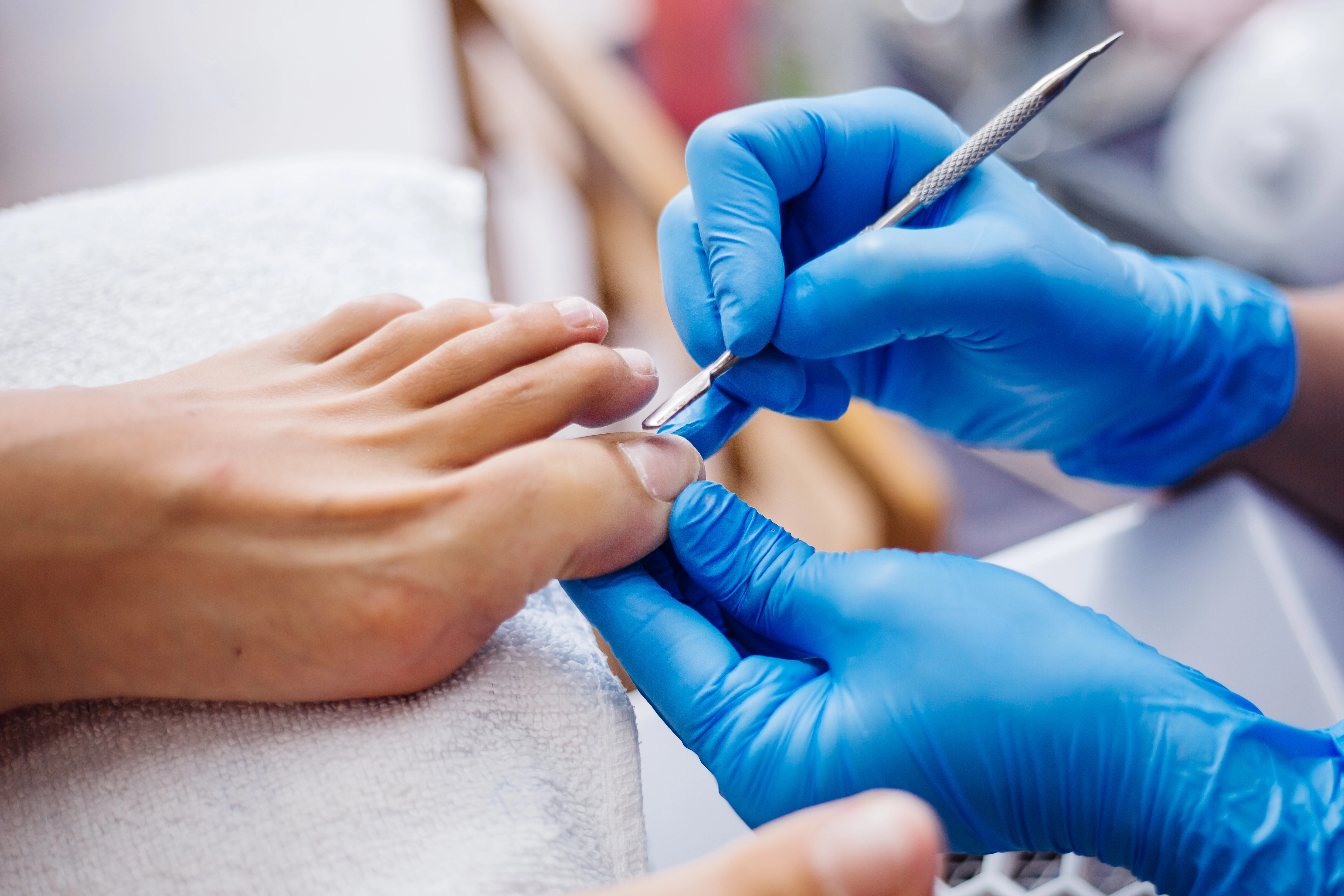What is Podiatry?
Podiatry (or chiropody) is the medical speciality of caring for feet. (The terms podiatry and chiropody are interchangeable, although there are a growing number of surgical podiatrists in the UK who actually carry out ambulatory foot surgery on patients to treat conditions such as bunions and hammer toes).
Podiatrists treat conditions on the feet such as hard skin, corns, nails (and in particular, are specialists in treating ingrowing toenails which can be cured by way of a minor surgical procedure under a local anaesthetic - a procedure that can be carried out in the surgery and takes less than an hour). Podiatrists also treat verrucae (plantar warts) although the present advice of the BMA (British Medical Association) is to not treat verrucae unless they are causing pain. Painful verrucae can still be treated by podiatrists.
Podiatrists also care for the feet of diabetics, whether insulin or non-insulin dependent. Due to the effect of diabetes on the feet, a diabetic is at greater risk of suffering from peripheral vascular disease (circulatory problems) and they can also suffer from peripheral neuropathy (when there is a reduction in the sensation in the feet). If not cared for, diabetics run a high risk of serious foot problems, many of which can be prevented by regular podiatry treatment.
Health Care Professional Council (HCPC) - check if your podiatrist is on the HCPC list
Click here for more informationRoyal College of Podiatry - check if your podiatrist is a member of the Royal College of Podiatry
Click here for more information
